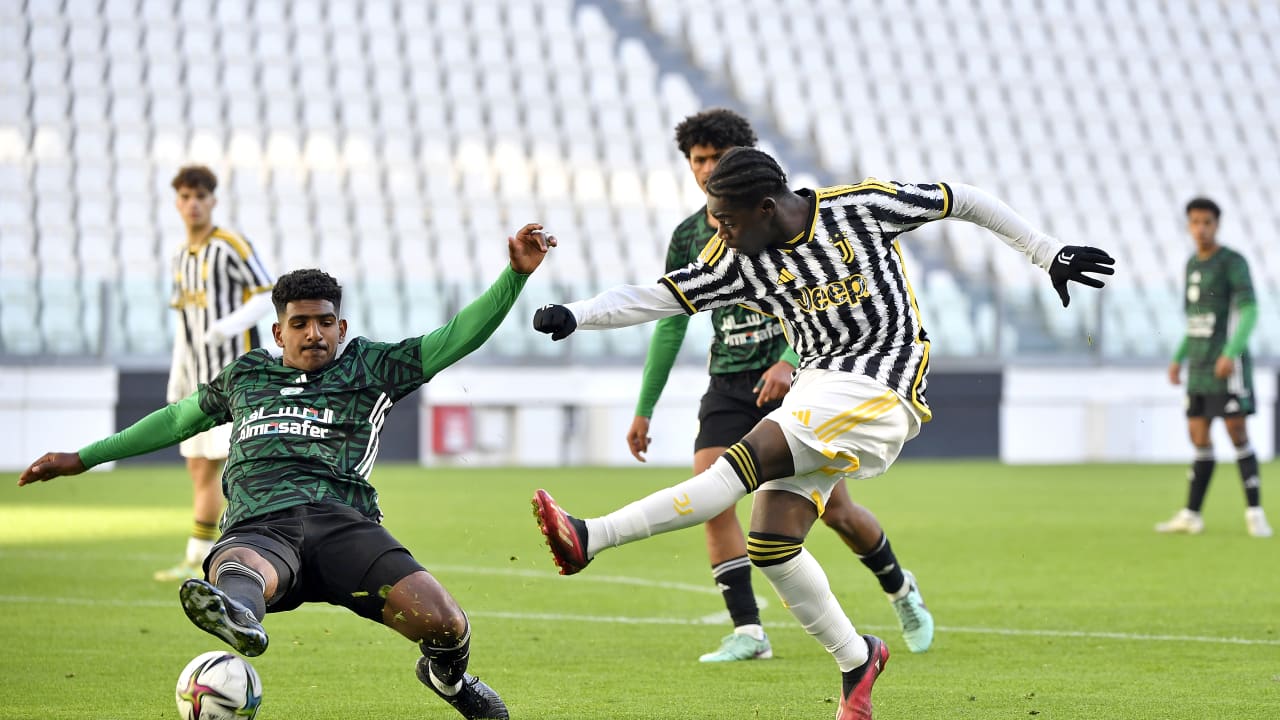Juventus Football Club, a titan of Italian football, currently finds itself navigating turbulent waters. As the transfer window progresses, a palpable sense of alarm permeates its loyal fanbase. It is not merely about a few missed signings; a chorus of discontent highlights three fundamental issues perceived as plaguing the venerable club, turning traditional optimism into a growing wave of frustration.
1. The Stagnant Transfer Market and Questionable Acquisitions
The primary concern echoing among supporters is the perceived inertia within the transfer market. While rival clubs appear to be making strategic moves, securing valuable additions and bolstering their squads, Juventus seems to be experiencing a notable slowdown. Fan comments frequently underscore a perplexing strategy:
- High-Cost, Low-Impact Signings: Criticism is leveled at acquisitions like Teun Koopmeiners (reportedly valued at €60 million) or Douglas Luiz, players whose high price tags are, in the fans` view, not justified by a corresponding «champion-level» impact on the pitch. The irony is not lost on observers; some suggest the club`s current difficulty in offloading players effectively stems from initial poor purchasing decisions.
- Missed Opportunities: There`s a stark contrast drawn with other Serie A giants—Roma, Inter, Milan, and Napoli—who are reportedly navigating the market with greater fluidity, making seemingly effective and valuable acquisitions. This disparity fuels the narrative that Juventus is «stuck,» unable to compete effectively in the crucial transfer arena.
2. The Paradox of Youth Development and Disposals
Perhaps the most perplexing issue for the Bianconeri faithful is the perceived approach to promising young talent. A recurring theme in fan discourse is the club`s apparent readiness to divest itself of players with significant future potential, often for what are considered modest sums. Names like Fagioli, Caviglia, Weah, Mbangula, Savona, McKennie, and Huijsen are cited as examples of individuals who, despite their potential for growth and future value, have either been sold, rumored for sale, or not adequately integrated.
«Why sell promising young players for small amounts, when in a year they could be worth three to four times more?» – A sentiment widely shared by frustrated supporters.
This strategy is seen by many as detrimental, depriving Juventus of not only potential future stars but also significant capital gains (plusvalenze) that could be reinvested. It raises a pertinent question: is the club inadvertently dismantling its own long-term competitive advantage by prioritizing immediate, albeit minimal, returns over the cultivation of home-grown or strategically acquired youth?
3. Leadership Under Fire: A Question of Vision and Character
At the heart of the growing fan anguish is the perceived performance of the club`s ownership and management. The criticisms are sharp, with some comments even suggesting the current situation «borders on scandal.» The club`s leadership, particularly under John Elkann and figures like Cristiano Giuntoli (Comolli was mentioned in one comment, but Giuntoli is the current Football Director), is accused of failing to provide a clear and decisive direction.
- Strategic Inconsistencies: Fans highlight «paradoxical situations» in player dealings, implying a lack of consistent vision or perhaps an excessive deference to coaching staff, rather than a strong, independent managerial stance.
- Nostalgia for Past Eras: A longing for past leadership, such as Andrea Agnelli`s tenure or even figures like Luciano Moggi (despite his controversial past), underscores the depth of current dissatisfaction. The sentiment is that the present management lacks the «character» and strategic acumen required to steer a club of Juventus`s immense stature back to its former glory.
- Concerns Beyond Football: Some extended the criticism to suggest broader concerns about John Elkann`s perceived impact on other iconic entities under his purview, such as Fiat and Ferrari, drawing a direct parallel to the current state of Juventus.
The alarm bells ringing around Juventus are loud and clear. What began as whispers of dissatisfaction has swelled into a public outcry over three critical areas: a flawed and stagnant transfer strategy, the puzzling divestment of promising youth talent, and a leadership structure perceived as uninspired and lacking decisive vision. For Juventus to reclaim its throne and mitigate this «triple threat,» a fundamental shift in approach—one that prioritizes strategic foresight, diligently nurtures its own talent, and demonstrates unwavering leadership—is not merely desirable, but utterly essential. Otherwise, this «Juve Alarm» might regrettably transition from a temporary warning into a permanent fixture.

